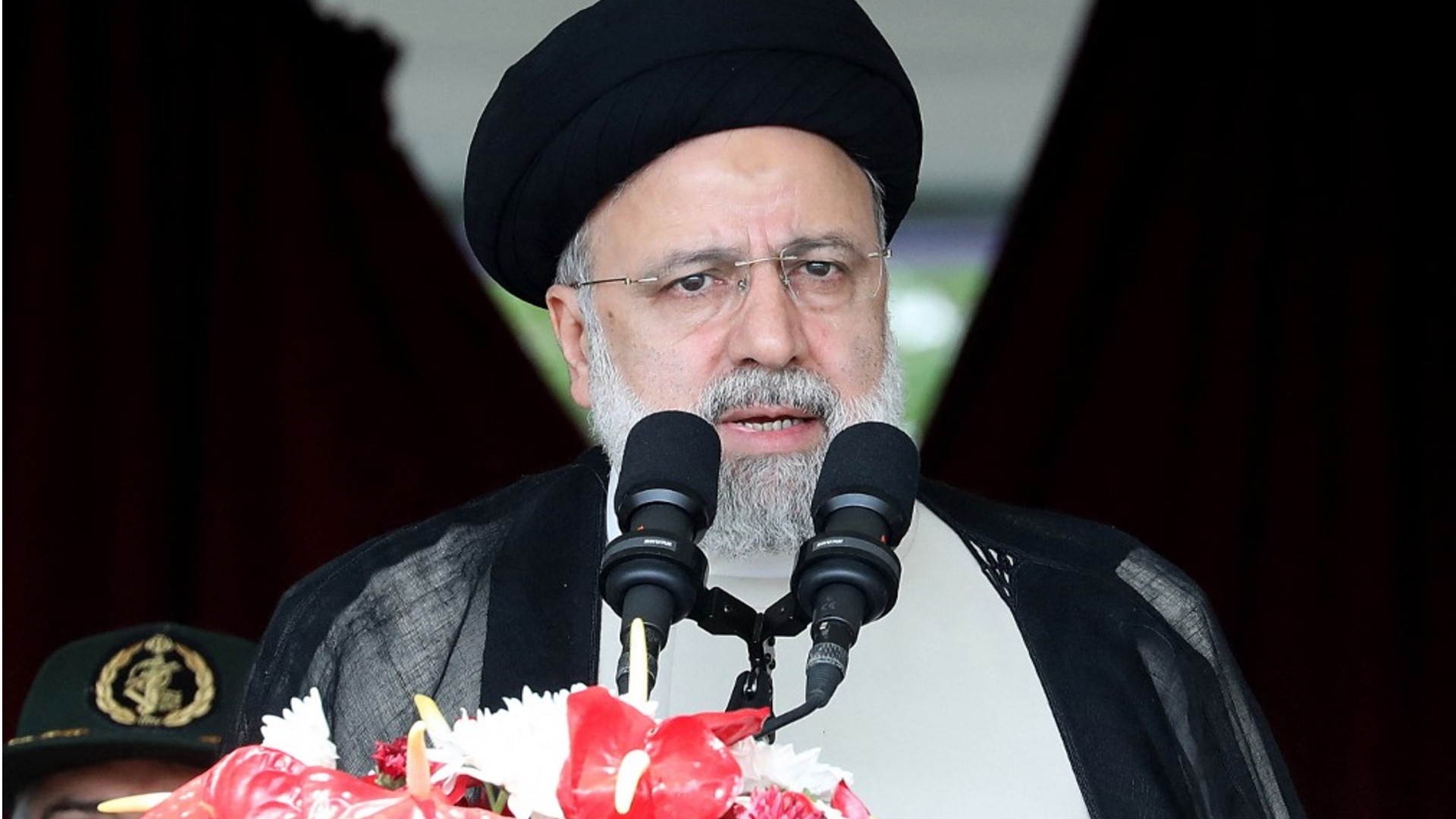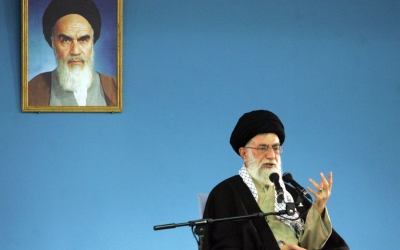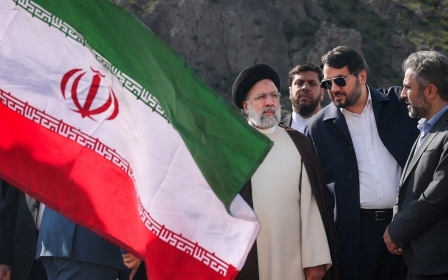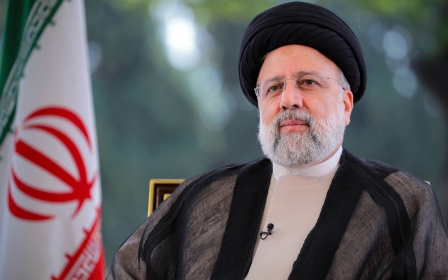Iranian President Ebrahim Raisi's death: What we know

On Sunday, Iranian President Ebrahim Raisi and his foreign minister were killed in a helicopter crash in mountainous terrain and icy weather near Iran’s border with Azerbaijan.
Here is what we know so far.
The crash
The helicopter is thought to have crashed into a mountain peak while it was navigating mountainous and forested terrain amid dense fog near the border with Azerbaijan.
Contact had been lost with the aircraft carrying Raisi back from a visit to Azerbaijan, where he was inaugurating a dam with the country’s president, Ilham Aliyev.
New MEE newsletter: Jerusalem Dispatch
Sign up to get the latest insights and analysis on Israel-Palestine, alongside Turkey Unpacked and other MEE newsletters
Interior Minister Ahmad Vahidi said the helicopter “made a hard landing” in the extreme weather.
Foreign Minister Hossein Amir-Abdollahian, East Azerbaijan Governor Malek Rahmati, Mohammad Ali Ale-Hashem, the representative of the Iranian supreme leader in the East Azerbaijan province, and the head of the presidential guard, Mehdi Mousavi, were also aboard the helicopter.
According to the Tasnim News Agency, there were a total of nine people aboard the aircraft.
Search and rescue teams reached the wreck after an overnight search in blizzard conditions on Monday morning and recovered the charred bodies from the debris.
Iranian authorities said the bodies were burnt beyond recognition and that they were unable to distinguish one from another.
A Turkish drone located the wreckage in the Dizmar forest, between the cities of Varzaghan and Jolfa in East Azerbaijan province, by detecting heat emanating from the wreck.
The bodies are being transferred to the city of Tabriz for an autopsy, with a state funeral expected tomorrow in the city of Mashhad, Raisi's birthplace, according to Al Jazeera.
An old helicopter
The aircraft carrying Raisi and his entourage was a US-manufactured Bell 212 helicopter, according to Tejarat News.
The helicopter, developed in the 1960s, was designed to transport equipment and cargo and mount weapons. It was later modified to accommodate 15 people.
A former member of the Republican Guard told Middle East Eye that all helicopters in the Iranian presidential fleet are old. Due to US sanctions, Iran has struggled to acquire new parts or update its aircraft.
The Bell 212 has been involved in a slew of fatal crashes, the most recent being in September 2023 when a helicopter crashed off the coast of the UAE during a training mission.
Who will succeed Raisi?
First Vice President Mohammad Mokhber, 68, is now expected to become interim president.
State media reports that Mokhber has begun receiving calls from officials and foreign governments in Raisi’s absence.
Mokhber is required to coordinate the election of a new president within 50 days as part of a council that includes the parliamentary speaker and the head of the judiciary.
Deputy Foreign Minister Ali Bagheri Kani has been appointed as acting foreign minister.
World leaders' reactions
World leaders - including China’s President Xi Jinping, Russian President Vladmir Putin and Turkey’s President Recep Tayyip Erdogan - have expressed their condolences.
Indian Prime Minister Narendra Modi said he was “deeply saddened” by Raisi’s death, adding that “his contribution to strengthening India-Iran bilateral relationship will always be remembered”.
Pakistan’s Prime Minister Shehbaz Sharif said his country was to observe a day of mourning and that the flag will fly at half-mast.
Hamas said it shares the “pain and sorrow” of the Iranian people following Raisis death and expressed “full solidarity” with Iran.
An Israeli source told Reuters that Israel had no involvement in the crash.
The president's death comes at a time of growing regional tensions inflamed by Israel's war on Gaza, which has threatened to spill into a wider conflict.
Last month, Iran launched an unprecedented attack on Israel after an Israeli strike killed senior Iranian Revolutionary Guard officers in Iran's embassy in Damascus.
Middle East Eye delivers independent and unrivalled coverage and analysis of the Middle East, North Africa and beyond. To learn more about republishing this content and the associated fees, please fill out this form. More about MEE can be found here.





